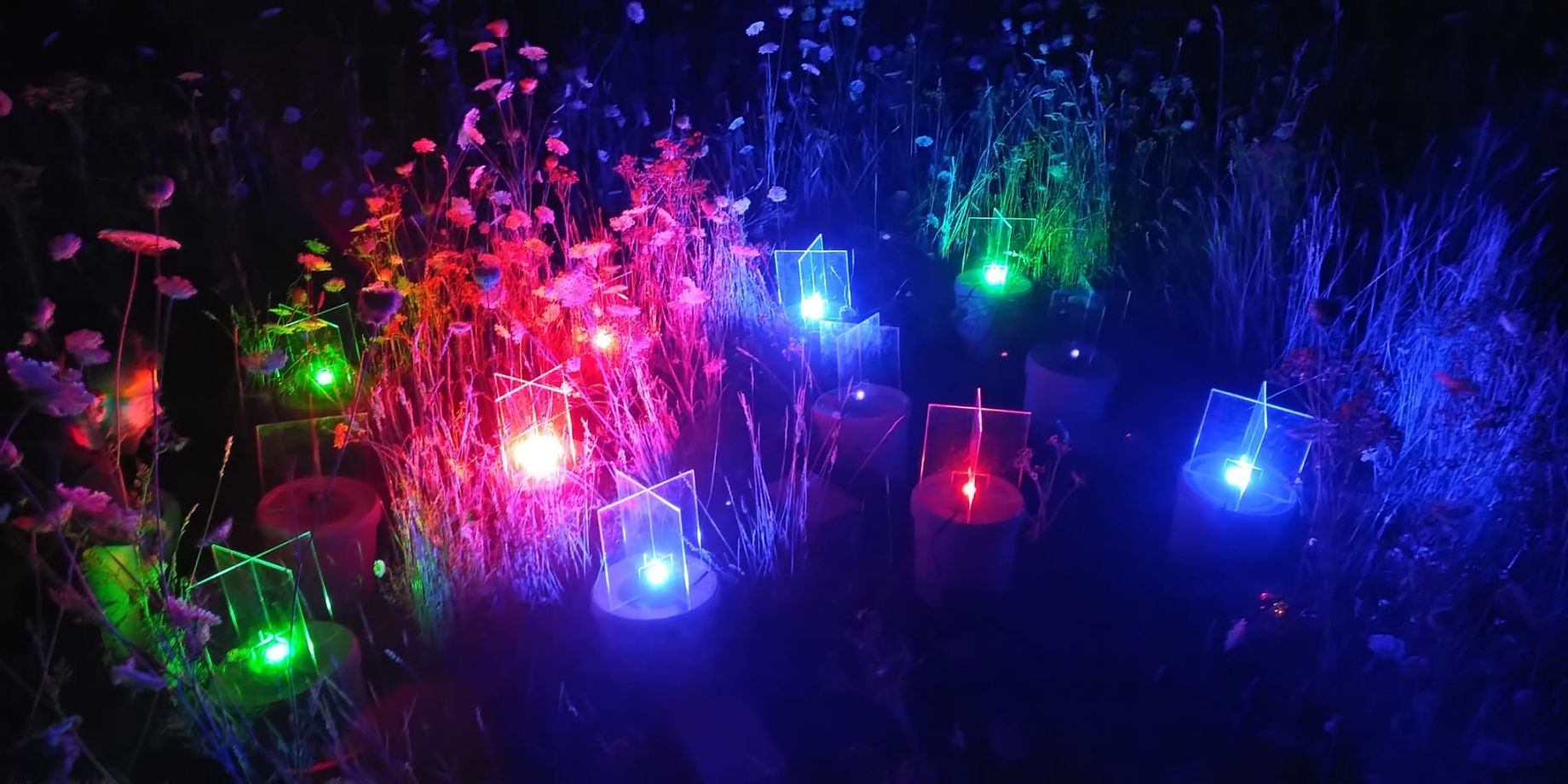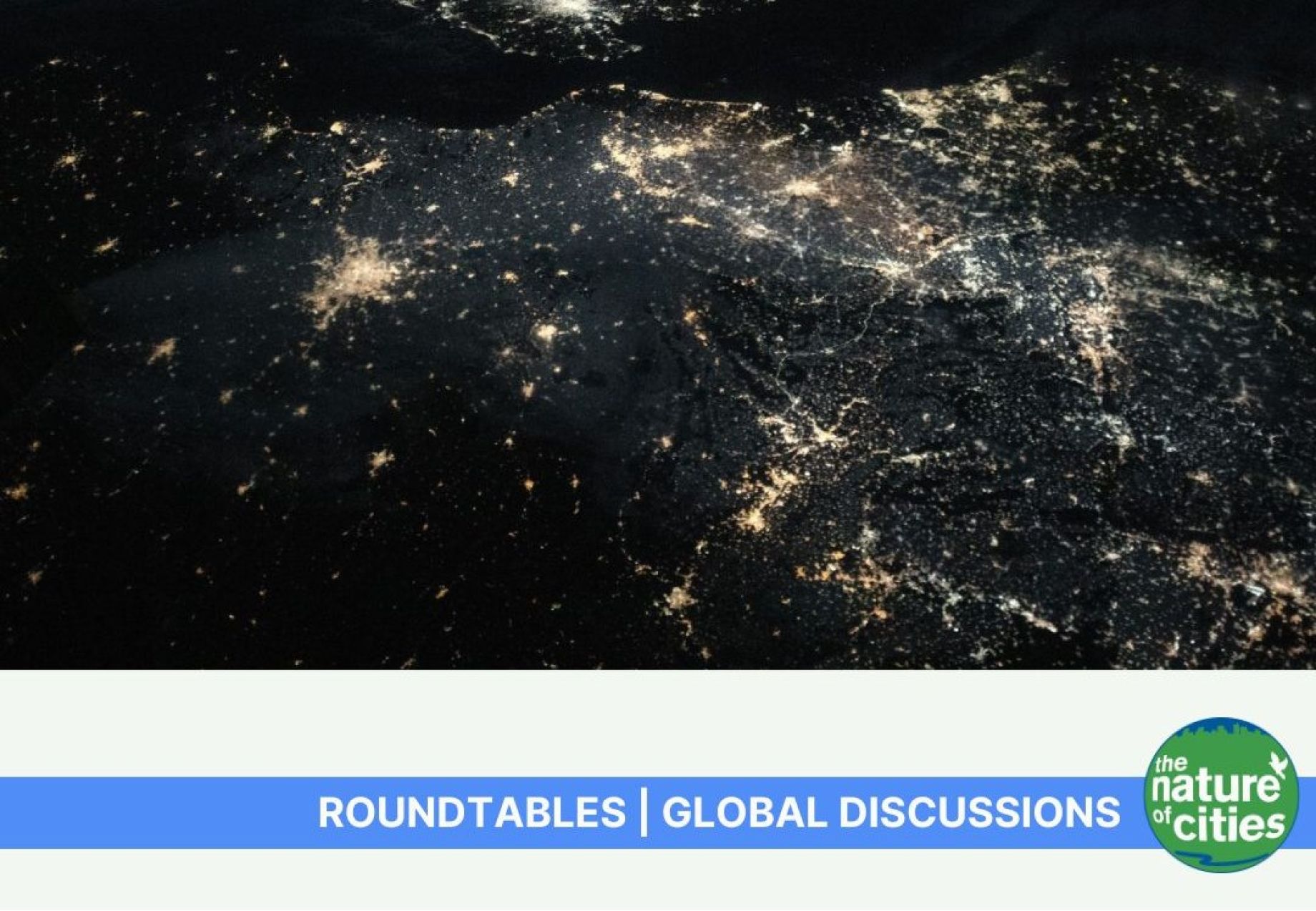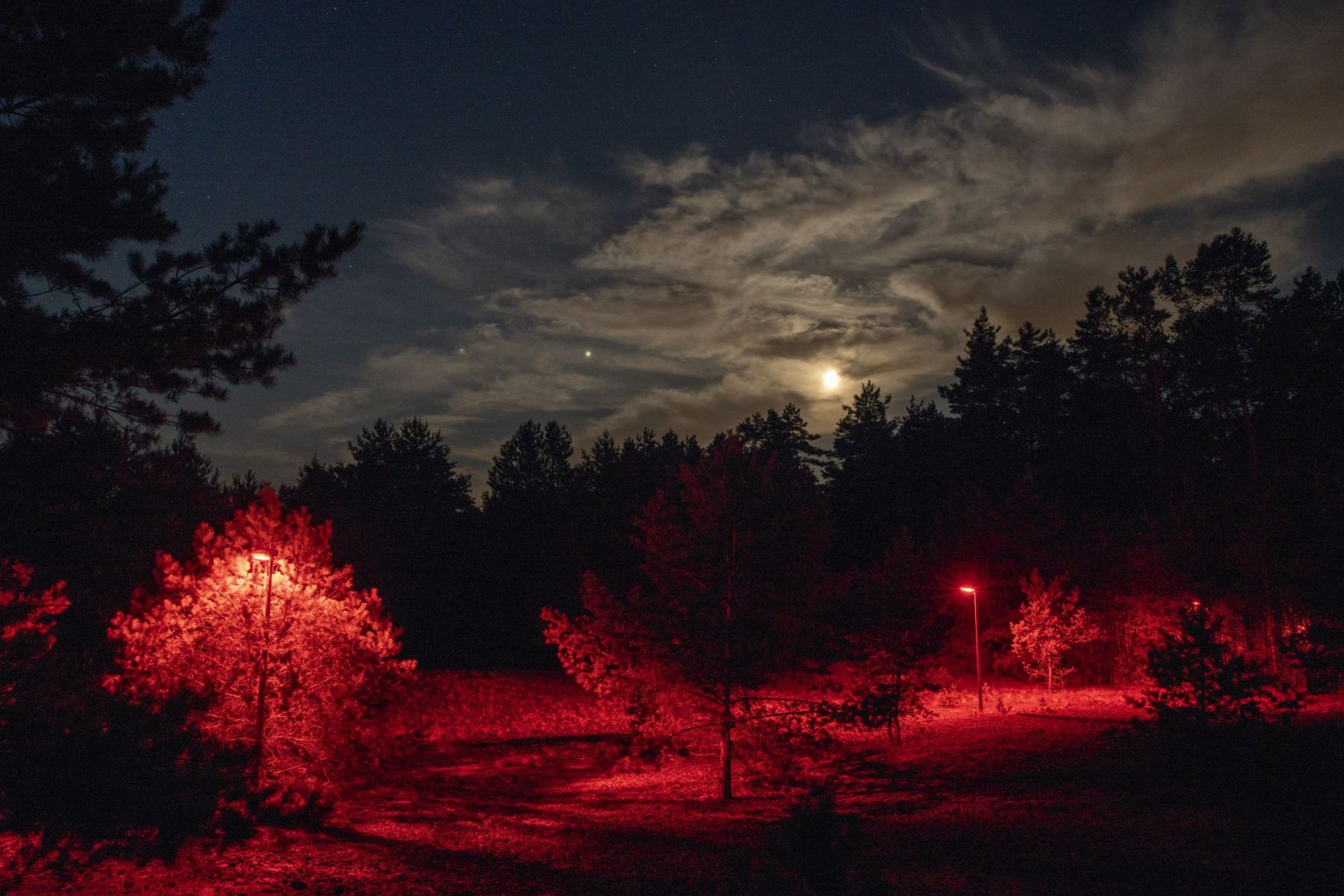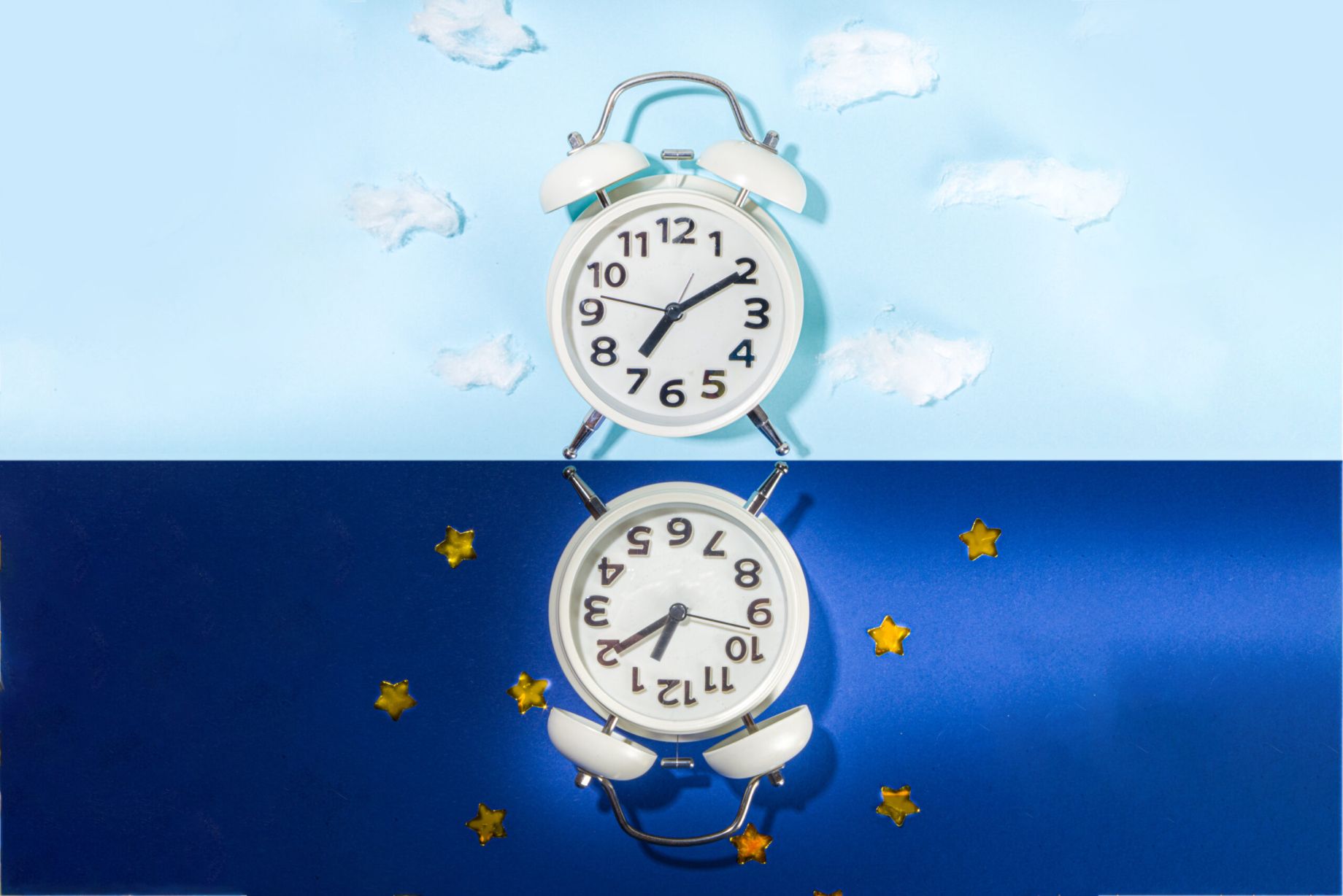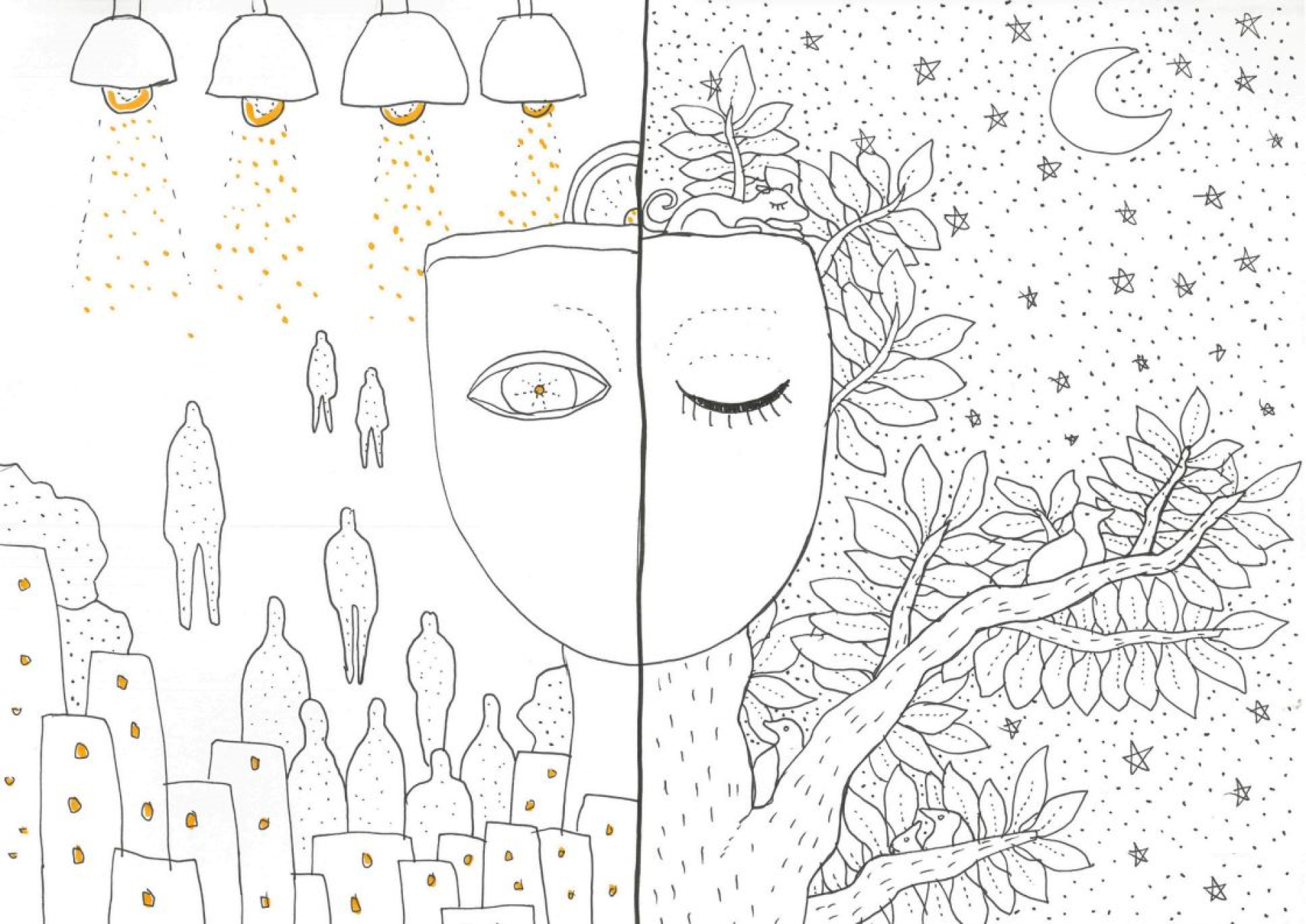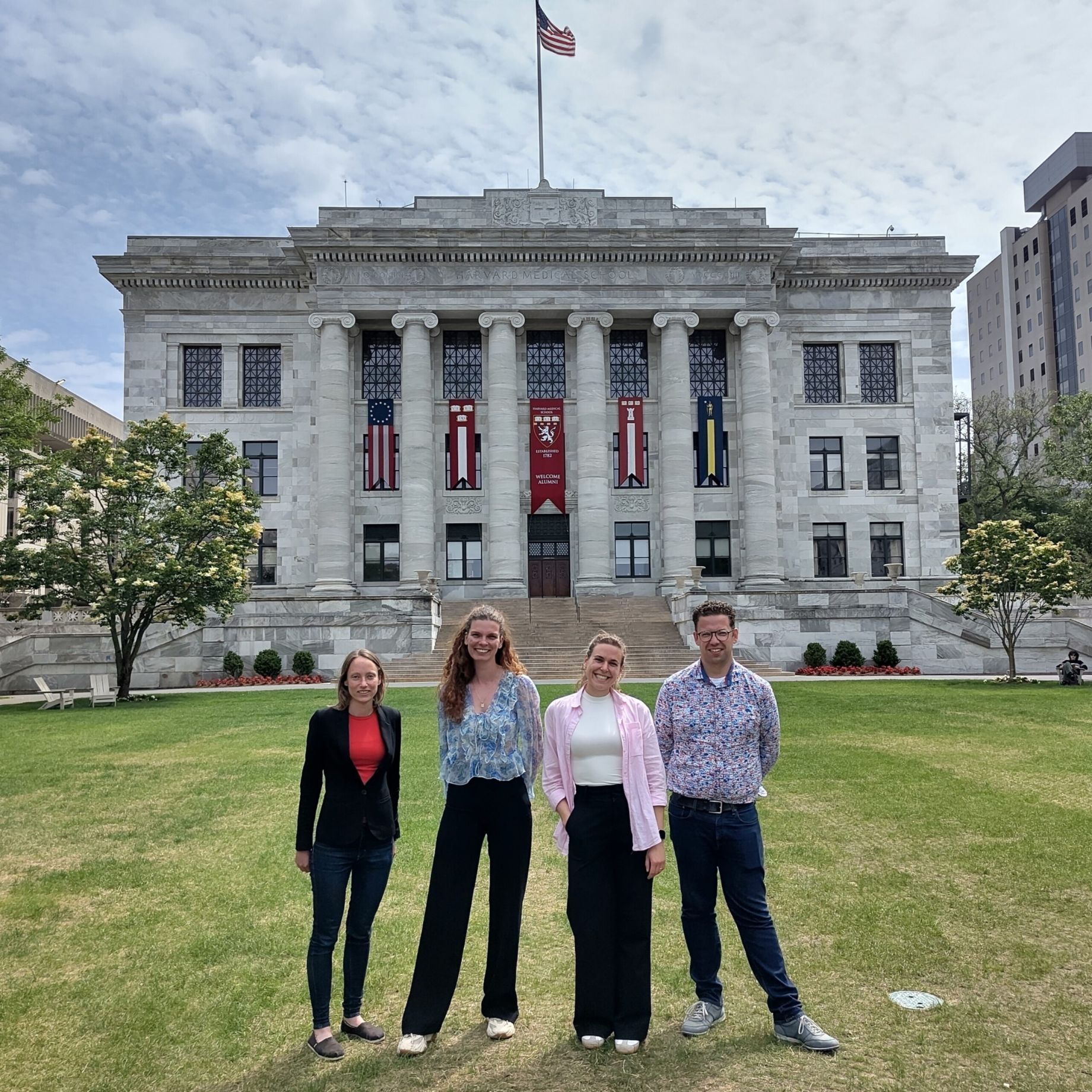Author: bioclock
The night is full of life, if you look closely. Take part and capture a striking image that puts the natural world after sunset centre stage. Send in your photo by 14 September for the Photo Challenge “The Beauty of the Night.”
In a world that grows ever brighter, this contest highlights the importance of darkness. Every living being on Earth runs on a biological clock tied to the light–dark cycle. Artificial light at night can disrupt this rhythm, affecting health, behaviour,...
Why artificial light at night is a problem for insects – And what we can do about it
Artificial light at night may seem harmless. After all, it helps us see better, feel safer, and enjoy our cities after sunset. But for insects, night-time lighting can be a trap – literally. And since insects are essential for pollination and as food for birds and bats, the ripple effects are widespread. A new BioClock-study shows that both the color and intensity of artificial light influence how insects respond, offering valuable insights for how we design lighting to protect...
BioClock contributes to international dialogue on the Night as a Habitat
Night is more than just a moment on the clock – it is a rich and diverse habitat we still know surprisingly little about. But what does ‘the night’ mean for our modern cities?
For the latest Roundtable by the international platform The Nature of Cities (TNOC), researchers, designers, and policymakers from around the world shared their perspectives on the night. Their goal: to shed light on the lives that unfold after sunset in cities across the globe. Mara...
Warmer and brighter: How we influence the foraging behavior of bats
Higher temperatures amplify the effects of anthropogenic light at night on bats. A recent publication by Sander Buddendorf, a researcher at the Netherlands Institute of Ecology (NIOO-KNAW) within the BioClock project, shows that common pipistrelle bats (Pipistrellus pipistrellus) are more strongly attracted to streetlights on warm nights — a behavior that disrupts their foraging patterns and thereby the ecological balance in a warming climate.
What was the study about?
Over a...
Daylight Saving Time, Lowlands and colored streetlights: BioClock in the media spotlight
Daylight Saving Time under scrutiny by NTR Wetenschap and NPO 3 op Reis
On June 21 – the longest day of the year – NTR Wetenschap released a short video about the effects of light on our biological clock. Chronobiologist Inês Machado Chaves, affiliated with BioClock, explains how light impacts our bodies and why we would be better off abolishing daylight saving time.
NPO 3 op Reis also addressed the topic in an online article titled: “Should we abolish daylight saving time?...
The Importance of Darkness – Matariki and the Power of the Night
Illustration by Hyunh Kim, Australasian Dark Sky Association
This weekend, Aotearoa New Zealand celebrates the start of the new year: Matariki, a festival rooted in the Māori lunar calendar. Aotearoa is the Māori name for New Zealand, meaning “land of the long white cloud.” Matariki marks the reappearance of the Pleiades star cluster in the morning sky and is a time for reflection, remembrance, and setting new intentions.
Around this celebration, new research is calling for a...
BioClock scientists share insights at global conference in Boston
Last week, several BioClock researchers attended the 36th annual meeting of the Society for Light, Rhythms, and Circadian Health (SLRCH) in Boston — a vibrant gathering of international experts in the field of light, biological rhythms, and health.
Heidi Lammers-van der Holst presented research by Maaike van der Rhee, and Raymond Noordam, Gali Albalak, Emma Visser, and Laura Kervezee were also there to share their work and represent the BioClock Consortium.
The conference...

